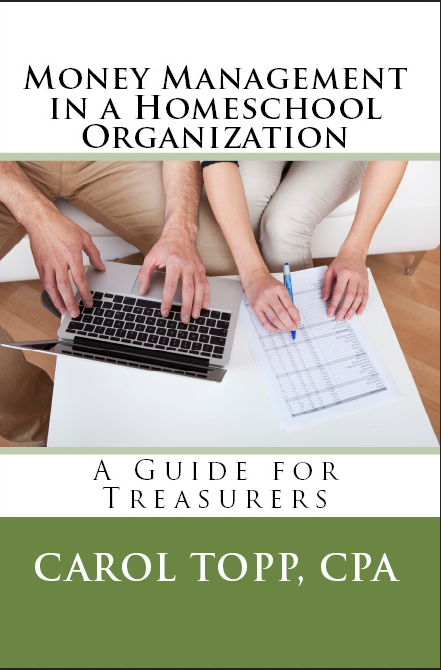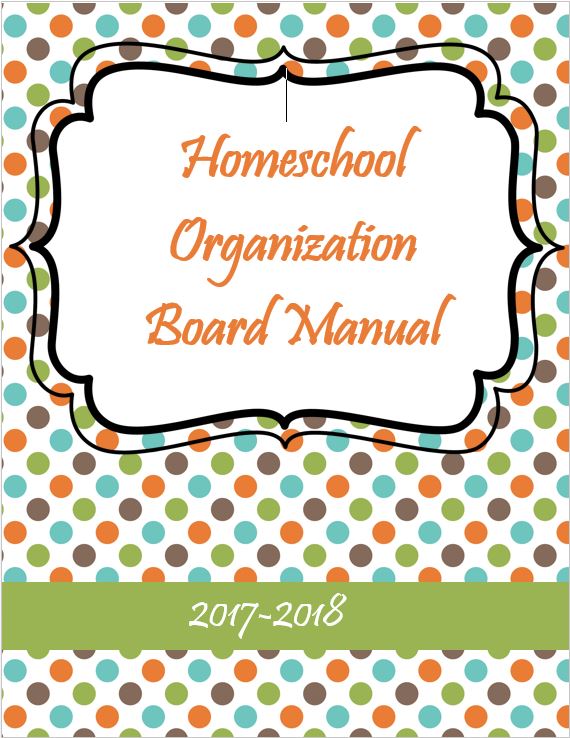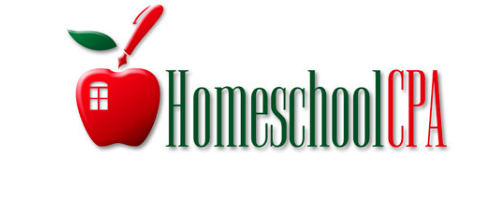
A homeschool leader asked me recently, “Who holds nonprofit organizations accountable? Is it the IRS?”
While there are some issues, such as taxes and tax-exempt status, where the IRS has some oversight of nonprofits, the true watchdogs of nonprofit organizations are their own boards and their states.
BoardSource.org has a article that explains who monitors and regulates nonprofit organizations. They list the organization’s board of Directors as the “first line of defense against fraud and abuse.” The board is followed by the states’ Attorney General, the IRS, donors and finally the media.
No government agency exists exclusively to monitor the activities of nonprofits
BoardSource.org
“Nevertheless, nonprofits have many lines of defense against fraud and corruption:
- Boards. All nonprofits are governed by a board of directors, a group of volunteers that is legally responsible for making sure the organization remains true to its mission, safeguards its assets, and operates in the public interest. The board is the first line of defense against fraud and abuse.
- Private watchdog groups. Several private groups (who are themselves nonprofits) monitor the behavior and performance of other nonprofits. Some see their mission as serving as advisors to donors who want to ensure that their gifts are being used effectively; others are industry or “trade” groups that provide information to the public and encourage compliance with generally accepted standards and practices.
- State charity regulators. The attorney general’s office or some other part of the state government maintains a list of registered nonprofits and investigates complaints of fraud and abuse. Often the state attorney general serves as the primary investigator in cases of nonprofit fraud or abuse. Almost all states have laws regulating charitable fundraising.
- Internal Revenue Service. A small division of the IRS (the exempt organizations division) is charged with ensuring that nonprofits are complying with the requirements for eligibility for tax-exempt status. IRS auditors investigate the financial affairs of thousands of nonprofits each year. As a result, a handful of organizations have their tax-exempt status revoked; others pay fines and taxes. In 1996, legislation authorized the IRS to penalize individuals who abuse positions of influence within public charities and social welfare organizations. Formerly the only weapon available to the IRS was to revoke tax-exemption, which resulted in the denial of service to the clients and constituents the organization was created to help. Because they fall short of revocation of tax-exempt status, these provisions are called intermediate sanctions.
- Donors and members. One of the most powerful safeguards of nonprofit integrity are individual donors and members. By giving or withholding their financial support, donors and members can cause nonprofits to reappraise their operations.
- Media. Most of the major scandals involving nonprofit organizations in recent years have surfaced as a result of media investigations and the resulting news stories. While many nonprofit leaders feel misunderstood or even maligned by negative media coverage, this media watchdog role has resulted in increased awareness and accountability throughout the sector.”
The full article (and many more excellent articles about nonprofit boards) is available at :
https://boardsource.org/resources/legal-compliance-issues-faqs/
Resources for Homeschool Boards
So how is your board doing in its oversight and prevention of fraud and abuse?

My book Money Management in a Homeschool Organization devotes a chapter to helping your nonprofit avoid financial mismanagement.

Additionally, the Homeschool Board Member Manual will help train your board in its duties and help organize your important papers.
